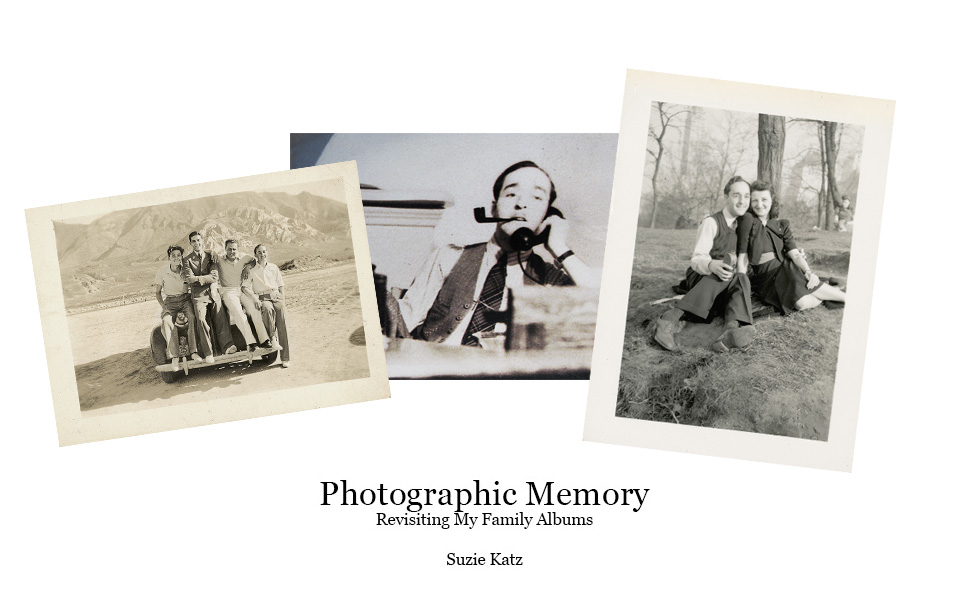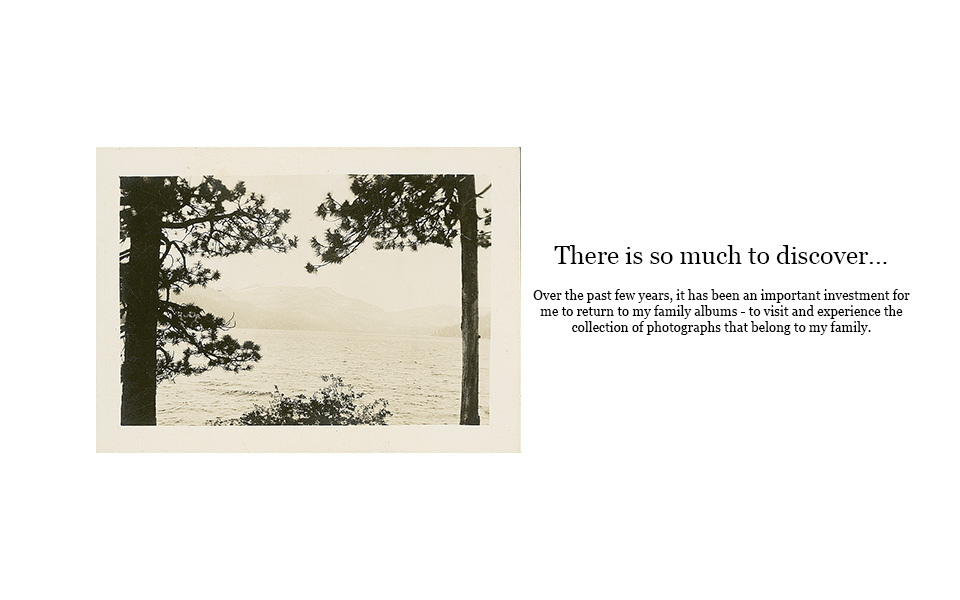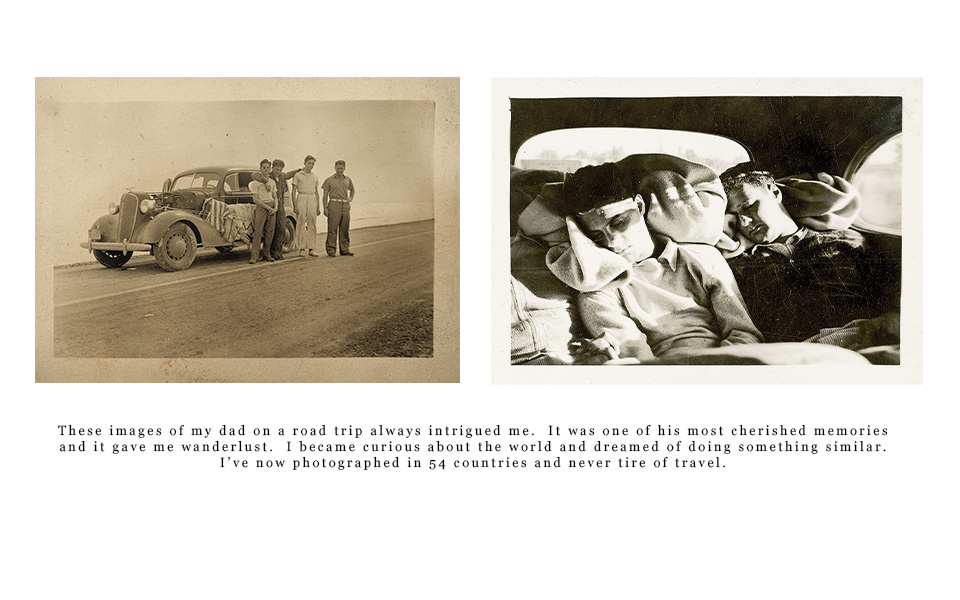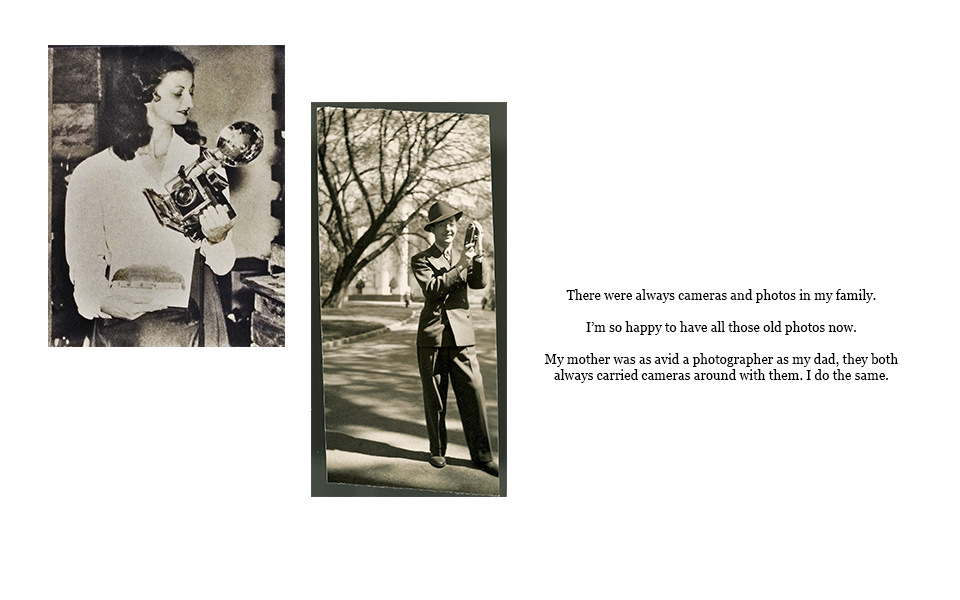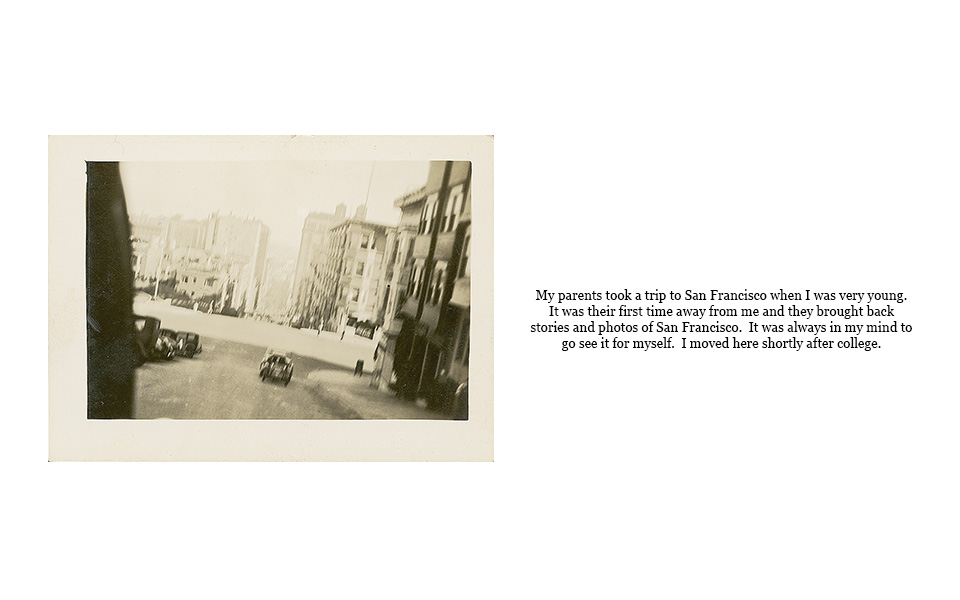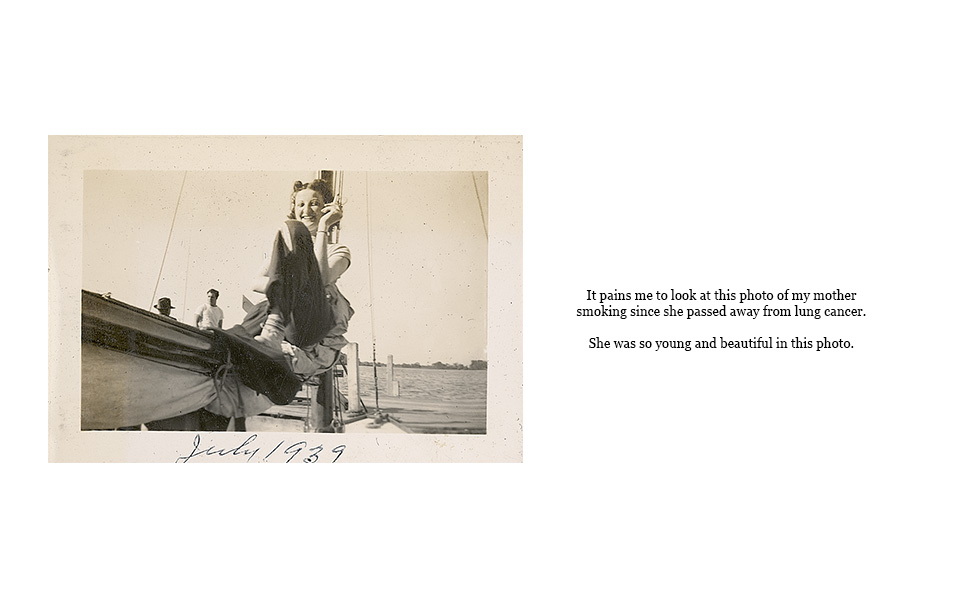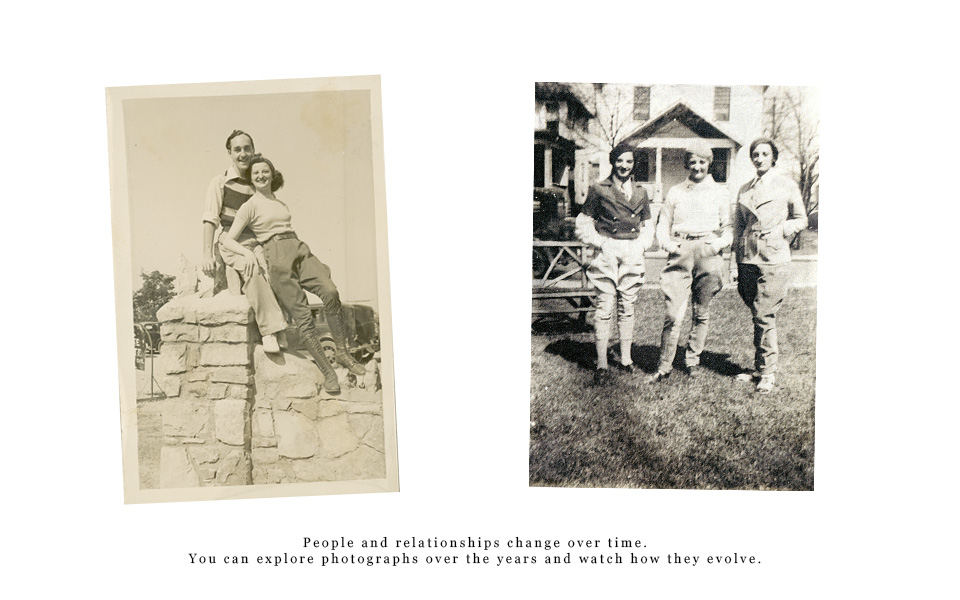AshokaU and PhotoWings – Self-Discovery Through Photography
Participate for a chance to be featured in an exhibition at the Ashoka U Exchange
“You will never look at a photograph the same way again”
In today’s world, we are surrounded by imagery: marketing advertisements, television, online resources, camera phone photos, and personal photo libraries. Some images move us to action. Others tell a story. And a few images can change the course of history.
What photographs move you? And why?
In the second installation of Ashoka U Online, the university division of Ashoka has teamed up with PhotoWings, an educational non-profit devoted to using the power of photography to influence the world, to offer an 8-week online seminar to build changemaking skills through photography. You can sign up for the seminar– either as an individual or as a group – by October 19, 2012
Starting Tuesday, October 23rd, participants will build a substantial understanding of their own motivations and self-identity, while learning from experts, mentors and one another about the importance of perspective, context, communication, and trust as a foundation for creative and effective social change.
PhotoWings Founder and President, Suzie Katz shares her vision: “In this seminar we’ll explore a myriad of thoughtful new ways to think about photographs, including deep-seeing and deep-listening techniques. We’re all about the Big Idea and dimension – ideas to think about, discuss with others, and carry as a tool in you toolbox for both life and work.”
The world of photography will serve as a medium through which participants will take a deep dive into their personal interests and aspirations. All participants will benefit from an incredible wide array of open PhotoWings educational resources, including their deep linking Resource Center, provocative interviews, and in-depth yet accessible features.
The seminar is free and completely open to the public. It is designed as a conversation-based experience to help participants develop personal connections and cross-disciplinary collaboration opportunities for student groups or community organizations.
The goal of the seminar is to help participants gain valuable skills to use in work and in life, including: out-of-the-box research, communication techniques, gaining trust and access, visual literacy, critical thinking, applied empathy, resilience, ethical considerations, preservation, and other critical changemaker aptitudes.
As a final project, participants will develop a powerful and creative project to demonstrate their explorative journey as a changemaker. Exceptional final projects will be eligible for inclusion in a video that will be featured at the TEDxAshokaU on Friday, February 22 to 1,300 people in San Diego, CA at the historic Balboa Theater (with thousands viewing online) and/or form part of an artistic exhibit that will be displayed at the Ashoka U Exchange at the University of San Diego.
Ashoka U and PhotoWings invite eager participants to sign up for the seminar– either as an individual or as a group – by October 19, 2012. Join in PhotoWing’s mission to help photography be better understood, created, utilized, seen, and saved.
Getting Started with Social Media
Click here to follow our step-by-step procedure for Tumblr and Twitter
New to social media? This guide will help you set up and personalize your Tumblr and Twitter accounts for use in the webinar.
Still have questions? Shoot us a tweet @PWAU12
Your project will be to choose old images that mean something to you and helped form you into who you are - ones of family or mentors preferably because you’ll get more out of them. You can optionally choose ones coming from friends, community, or ones reflecting your passions.
We would like you to choose image(s) from our list of suggestions and look deeply into them for clues – body language or expressions, objects in the room or location, dress, or what is relevant to that image. We want you to consider their historical context – what was going on in these images and in the world around them? Research them, form interview questions to conduct personal interviews of those in or about people in the images or wherever you can gain insight. Consider what the outside influences were – war, financial considerations, family dynamics, societal, etc. You will need to document these – audio or video will be best. You will then work these into a sharable form, selecting from our examples. Feel free to be creative as well!
In doing your projects please think in multiple dimensions. What can you learn from these, will your own versions of these be around long into the future given the speed of technological changes? You may also want to document your own feelings and journey throughout this process.
As you explore these old photos and albums, we’d like you to analyze and report on the way they’re stored and their condition. Please consider what will happen to them in the future.
These projects will be shared within our community and are candidates to be also featured at your AshokaU Exchange, AshokaUTEDx, and our PhotoWings website.
Choosing Your Topic
The final project for the AshokaU + PhotoWings Webinar will be an extension of the first assignment: take a deep dive into photographs that have impacted your life. Go back into old photographs, find images that speak to you, ones that help frame and define the person you are today. If possible, interview people in the photograph(s) that you've selected. Learn more about the photograph, the context, the untold stories that exist in these images.
Create a presentation that creatively tells your story, that helped frame your experiences to do what you do. We will go further into the details of your project throughout the month, helping you develop a presentation that best illustrates your work.
I. Select a single photograph or a group of photographs that are meaningful to you.
We'd prefer that you choose photographs from the past that have helped form the person that you are today. You could also select images coming from friends, community, or ones reflecting your change-making passions.
- A memorable photograph(s) that moves you, speaks to you on a deep or visceral level, or makes you ask questions
- Photographs of older people in your life, taken when they were a similar age to you
- Photographs of multiple generations at the same age (parents, grandparents)
- Photographs of people interacting to explore relationships, thoughts, identity, etc.
- Selection of photographs of person(s) chosen at critical stages in their lives and explore how their life choices changed them
- Old photographs from the past of a location that helped shape you
- Photographs from your community to compare to the same community today
- An old group photo (wedding/yearbook/holiday/etc.) that you'd like to more about
II. Using the knowledge you've obtained about looking at and thinking about photographs, write a personal response, your first impressions, to the photo(s) you've chosen. We want you to look at the photo(s) on a deep level. What's going on the photograph? Consider how personal, historical and/or cultural circumstances have affected the photo(s). After writing your initial impressions, you should do some historical research about what's in the photographs and the contexts surrounding the photograph. Look into historical societies, old newspapers, photo essays, genealogies, and other resources that may inform the subject you’ve chosen. Consider how that information relates to your impressions.
III. Conduct and document an interview or interviews about the photographs (audio or video preferable). Pick the person you'd like to interview by considering the insights that they could provide. It could be a family member, a mentor, or a friend— anyone who you think would speak well to the image(s) you chose. If you can speak directly with subject(s) of the photographs, we encourage you to speak with them.
There are a variety of ways to conduct interviews, as you can read about here or here. Here are some initial questions that you could begin with. Choose some of the questions below to get started:
- What was going on in this photo?
- Please point out and discuss objects in this photo.
- How might others people perceive what's happening in the photo?
- What can you read from the expressions and body language of the subject(s)?
- What were the hopes and dreams in the photo at that time?
- What made them make the choices they did and are there any they might have made differently?
- What can you learn from this photo?
- Are there photos that they remember, photos lost or wish they still had?
- What are their favorite photos?
- Is there anything else they would like to add?
IV. Now that you've done the above, we'd like you to come up with a creative presentation of your experience and your results of exploring the photo(s). Whether it's writing, video, collage or something else, we're enthusiastic about hearing your story. To help get you rolling on some ideas about presenting your story, here are some sample projects:
Inspiring ideas to fuel your project creation:
Jonathan Good - Now our memories can live forever - TEDxSF Talk 2011
Presentations:
However you choose to create your final project, we do ask that you present the final product in a shareable presentation format. Ideal formats are either PowerPoint or Keynote, allowing us to easily share your media with the AshokaU + PhotoWings community. This doesn't mean your final project itself has to be a computer presentation, but whatever form it takes should be well-documented in a PowerPoint or Keynote presentation.
Below you will find several resource pages to get you started with these presentation formats:
PowerPoint:
Slideshow and presentation creator
Microsoft Office: Put Your Photos Into PowerPoint
WikiHow: Creating a Photo Slideshow
Keynote:
http://www.apple.com/support/keynote/
There are so many possibilities for how you can create your final project for the AshokaU + PhotoWings Webinar. We encourage you to be creative with the ways you share your experiences. Follow your passions; think about how you can create a unique experience with your project. Here are some sample ideas for you to consider:
Get crafty!
Make a book: Put together a book sharing the photographs that have impacted you for this project. You can make one by hand or by using an easy-to-learn online service (Blurb, Lulu, MagCloud, Zazzle, and3Dissue, among many others). It could be all photos, or it could pair writing with photos. Make the kind of book that you'd actually want to check out.
Create a memory board: Create a collage of media to share your changemaker story and have it easily available for a wall hanging. Collage may include photos, newspaper clippings, old letters, memorabilia, bits of colored or hand-made papers glued to a piece of paper or canvas or put together electronically.
Decoupage something: Collages don't need to just happen on paper if you're not a "flat" kind of person. With any smooth object, you could decoupage prints onto it.
Collaborate! Link up with other creative individuals to share your story. Use music, text or other media to expand on your ideas.
Get technical!
Interview: Record audio/video interviews with your family and community. Share stories regarding photographs that have impacted you or your family. Anywhere from a casual conversation to an in-depth interview is fine.
Make a slideshow: Use computer software (PowerPoint, Keynote) to create a slideshow sharing your experiences and images for your project.
Make a video: Put together a short video that summarizes your projects and interests. Document the process of sharing your project with your family or community. You could combine the last two examples into a video slideshow with an interview as the soundtrack, even.
Create a website: Create a blog or personal website that shares your project. Pair some memorable photographs from your project together with text that you feel resonates with the images. Embed any type of multimedia, like the ones mentioned above on your site.
Most importantly, get creative with this. We're providing some methods to share your story, but the possibilities of what you make are truly infinite if you put your mind to it. If you have an idea that's not listed, that's fine too. Have fun and experiment— you may be surprised by the results!

